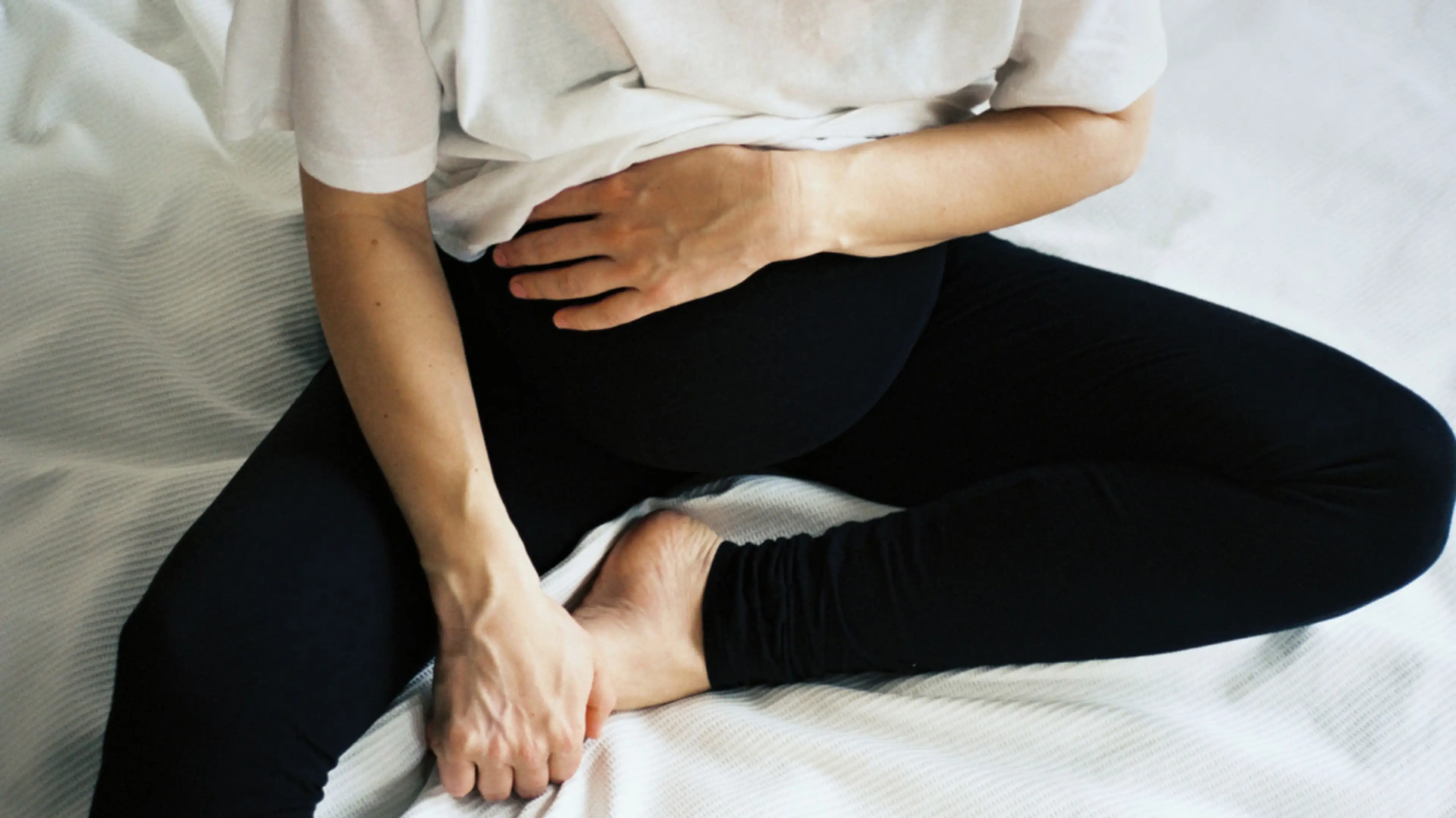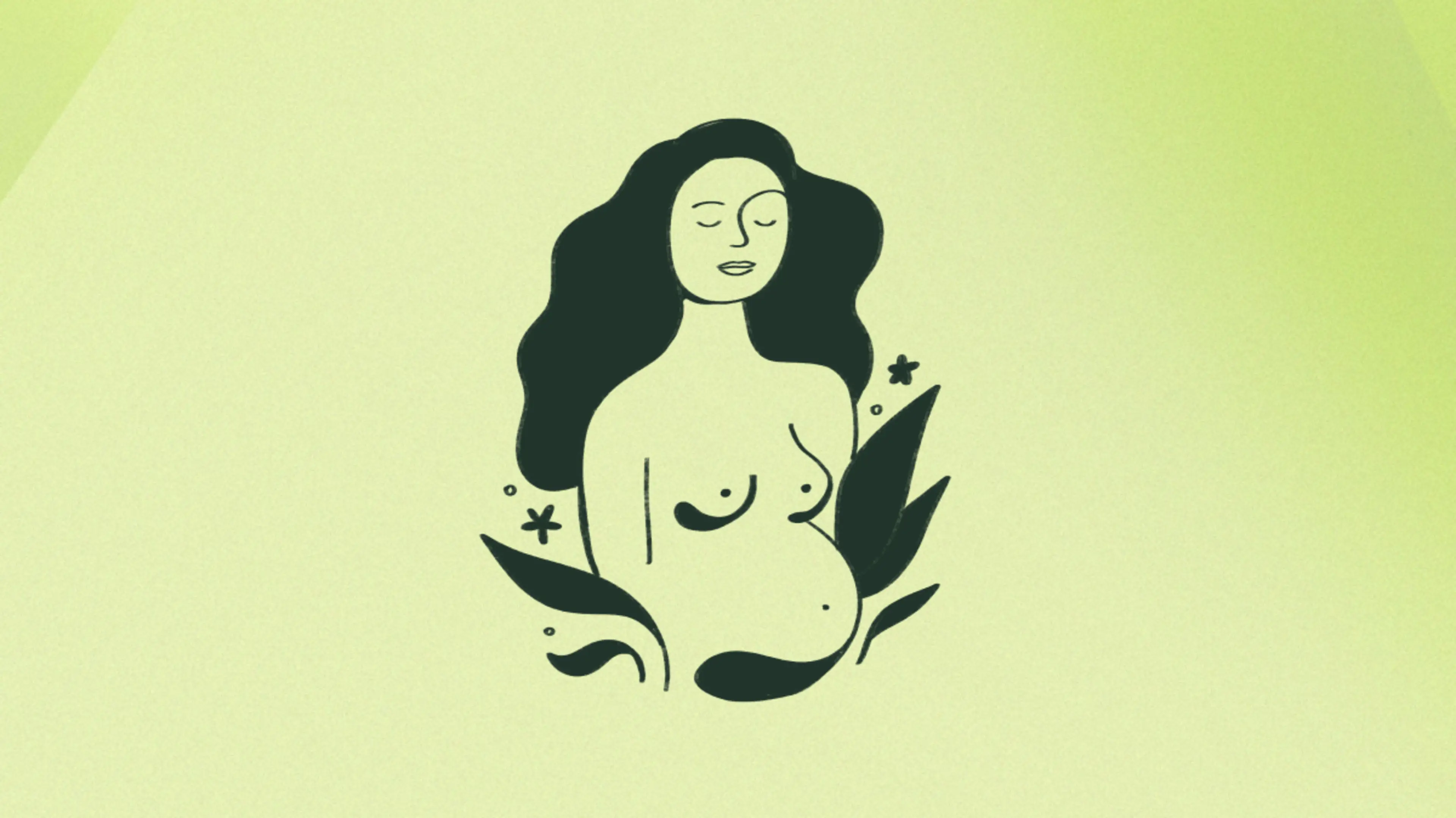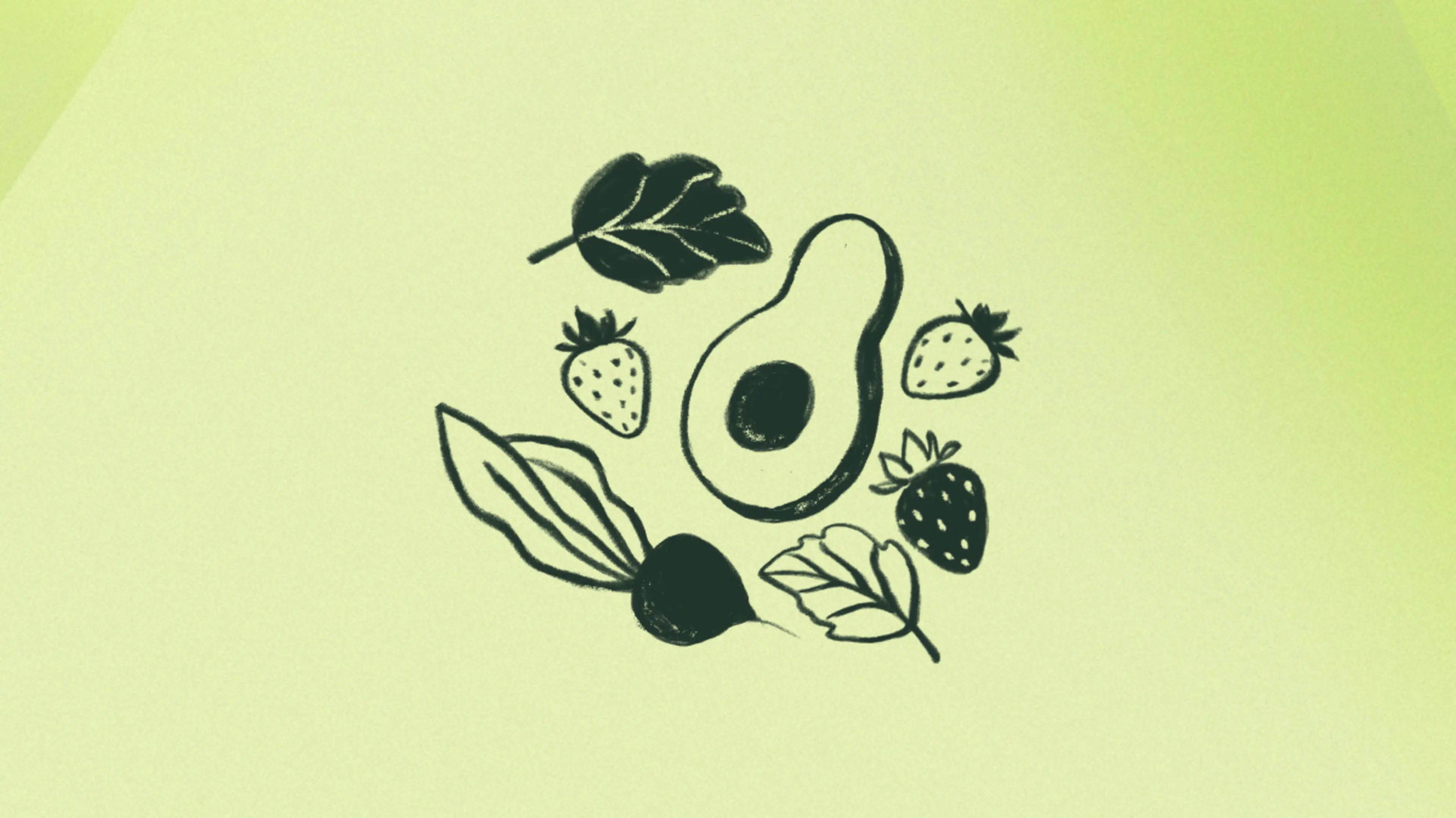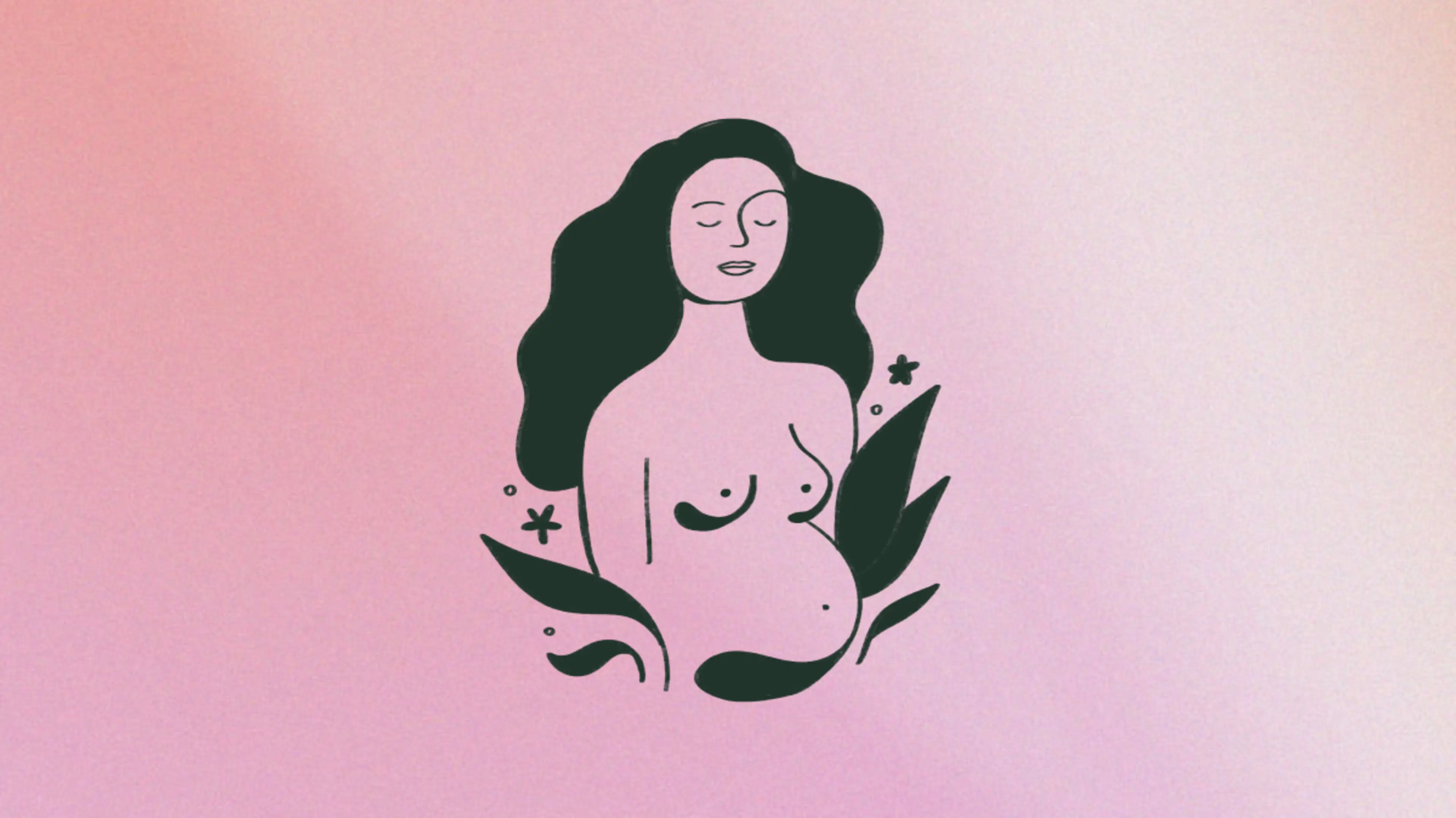Preeclampsia might be one of the first things that comes to mind when most people think about high blood pressure and pregnancy. While preeclampsia is a blood pressure condition that affects pregnant and sometimes postpartum women, not every instance of high blood pressure is preeclampsia; there’s more to the issue of high blood pressure during pregnancy.
There are several types of high blood pressure, a common and treatable condition that, according to the Centers for Disease Control (CDC), affects 5% to 8% of all pregnancies1 in women ages 20 to 44 across the U.S. But what are the causes and symptoms? And how do you treat it? Here’s everything you need to know.
What is considered high blood pressure during pregnancy?
Blood pressure, the force of blood that pushes against the walls of your arteries—also known as hypertension—is one of the most closely monitored vitals throughout your pregnancy and after delivery. And for good reason: if your blood pressure gets too high, it can put extra stress on your body, leading to health issues for you and for your baby.
“Emerging evidence suggests that women with stage 1 hypertension may be at increased risk of preeclampsia, gestational diabetes, [having a] small for gestational age newborn, and indicated preterm birth compared with women with normal blood pressures at the first-trimester visit,” Dr. Oluwatosin Goje, an OBGYN with the Cleveland Clinic, told us.
In order to diagnose hypertension, your healthcare provider will monitor your blood pressure readings and classify any higher-than-normal readings into one of three categories2 (a normal blood pressure reading is below 120/80 mm Hg):
Elevated blood pressure (120-129/<80): A systolic pressure 1 ranging from 120-129 mm Hg and a diastolic pressure below 80 mm Hg.
Stage 1 hypertension (130-139/80-89): A systolic pressure ranging from 130-139 mm Hg or a diastolic pressure ranging from 80-89 mm Hg.
Stage 2 hypertension (>140/>90): A systolic pressure of 140 mm Hg or higher or a diastolic pressure of 90 mm Hg or higher.
If you experience any of the higher readings, your doctor will work with you to find the right treatment plan for you. This may involve diet, exercise, and medication. “The decision to treat hypertension during pregnancy should consider the risks and benefits for both mother and fetus,” Dr. Goje says of the decision to take medication during pregnancy. “The level of blood pressure and the immediate risks to the mother’s well-being are the most important initial considerations.”
What are the causes and types of high blood pressure in pregnancy?
Researchers are still stumped as to the exact causes of high blood pressure during pregnancy. Some women will go into pregnancy with high blood pressure, while others develop it sometime over the course of 40 weeks.
The good news is, more research is being conducted on hypertension. “In the past, pregnant women were not treated unless the blood pressure was persistently elevated in the systolic of 160 and diastolic of 105,” says Dr. Goje. “However, a new study may change the criteria and patients will be treated before the levels become very high.”
According to Dr. Goje, the 2022 Chronic Hypertension and Pregnancy trial (CHAP)3 is likely to result in more widespread agreement with respect to the treatment of chronic hypertension in pregnant people.
There are four types of high blood pressure in pregnancy:
Gestational hypertension. Gestational hypertension is high blood pressure that develops after 20 weeks of pregnancy. It often causes only a small rise in blood pressure, but in some cases can be more severe. There are no signs of preeclampsia, such as protein in the urine, or signs of other organ damage. Gestational hypertension disappears after you give birth.
Chronic hypertension. Chronic hypertension is high blood pressure that you have before you get pregnant or that develops before 20 weeks of pregnancy. Unlike other types of high blood pressure, it won’t go away after you give birth, but it can be managed.
Chronic hypertension with superimposed preeclampsia. This condition occurs when chronic hypertension leads to preeclampsia. It develops in women who had chronic hypertension before getting pregnant and then develop worsening high blood pressure and symptoms of preeclampsia such as protein in the urine.
Preeclampsia. Preeclampsia is a blood pressure condition that occurs after the 20th week of pregnancy and involves elevated blood pressure readings in conjunction with possible signs of damage in other organs, like the liver and kidneys.
What are the symptoms of high blood pressure in pregnancy?
It’s tough to miss many of the symptoms of pregnancy. (We’re looking at you, swollen ankles, and 10 p.m. cookie cravings!) But signs of hypertension during pregnancy aren’t always so obvious.
Symptoms of high blood pressure in pregnancy range from mild to severe and include:
Elevated blood pressure reading. Your doctor checks your blood pressure at every prenatal appointment for a reason; since you often won’t feel any different, getting a blood pressure reading is the only true way to know if you’re developing hypertension. A provider will often look for multiple high readings a few hours apart to confirm a high blood pressure diagnosis. Dr. Goje defines elevated blood pressure as “systolic blood pressure 120 to 129 mmHg, and diastolic blood pressure <80 mmHg.”
Preeclampsia symptoms. These can include:
Protein in your urine (one of the many reasons your doctor is always asking you to pee in a cup during your appointments!)
Severe headaches
Changes in vision, such as blurred vision, seeing spots, light sensitivity
Shortness of breath
Upper abdominal pain, often under your ribs on the right side.
There are other symptoms, too. “Subtle features like persistent headache not relieved by taking pain medications like acetaminophen, abdominal pain, body swelling and eye signs, especially blurry vision, in addition to elevated blood pressure” can all be signs that something is wrong,” says Dr. Goje. So don’t wait if you’re experiencing any of these symptoms […]—it’s always worth a call or a visit to your healthcare provider to check-in.
What are the risks of high blood pressure during pregnancy?
Although there can be risks to you or your baby if you’re diagnosed with hypertension during your pregnancy, the good news is that many are preventable with the right blood pressure management and treatment.
Risks of high blood pressure during pregnancy include:
Organ damage
Future cardiovascular disease
Placental abruption
Risks for the baby include:
Decreased blood flow to the placenta
Growth restriction
Premature delivery
How can you prevent high blood pressure during pregnancy?
It may sound obvious, but taking care of you is one of the best ways to take care of your baby both during and after pregnancy, including when it comes to preventing high blood pressure. But sometimes, it’s unavoidable.
“Preeclampsia cannot be avoided in some patients,” says Dr. Goje. “A patient with a history of preeclampsia is more likely to develop preeclampsia with a second pregnancy. However, adherence to providers’ guidance, avoiding diabetes, excessive weight gain, [minimizing] stressful situations, [and] taking anti-hypertensives prescribed by your provider can all modify the risk of developing preeclampsia.” Of course, keeping up with your prenatal appointments so your doctor can monitor your health is always the best course of action: high blood pressure doesn’t always present with obvious symptoms, so it’s important to never miss a prenatal or postnatal checkup so your doctor can keep tabs on your blood pressure readings over time and keep an eye out for any red flags.
And although there’s certainly nothing wrong with having a cookie (or two…) throughout your pregnancy, do your best to eat a healthy and well-balanced diet as much as you can.
Eating right and staying active can have a hugely positive impact not only on your blood pressure but on you and your baby too.
If you do have high blood pressure during your pregnancy, there are treatments available, from blood pressure medications to increased monitoring, which you and your doctor can discuss to help keep you and your baby healthy.











